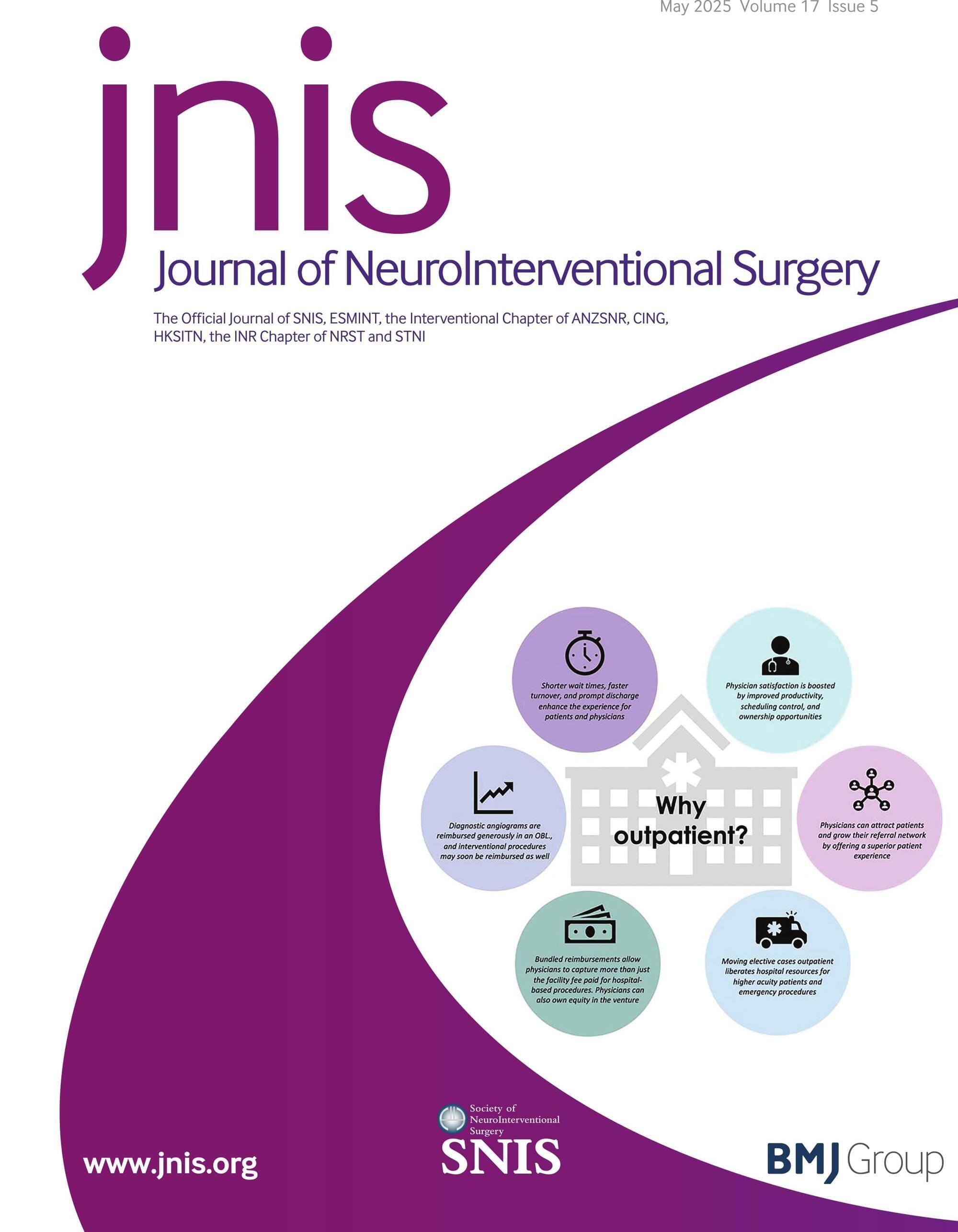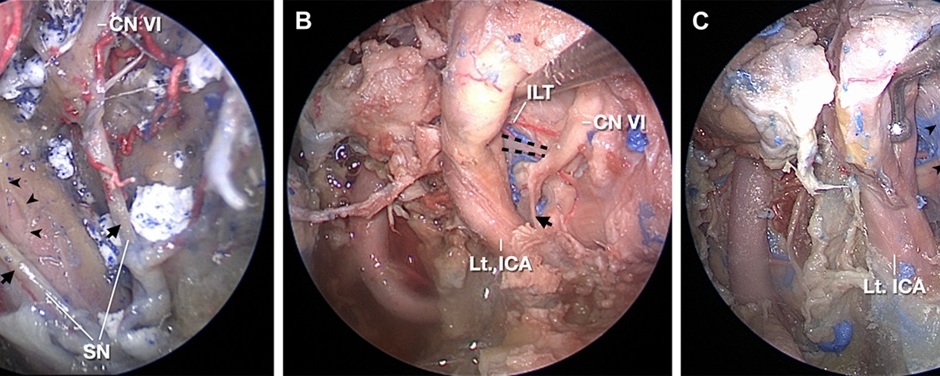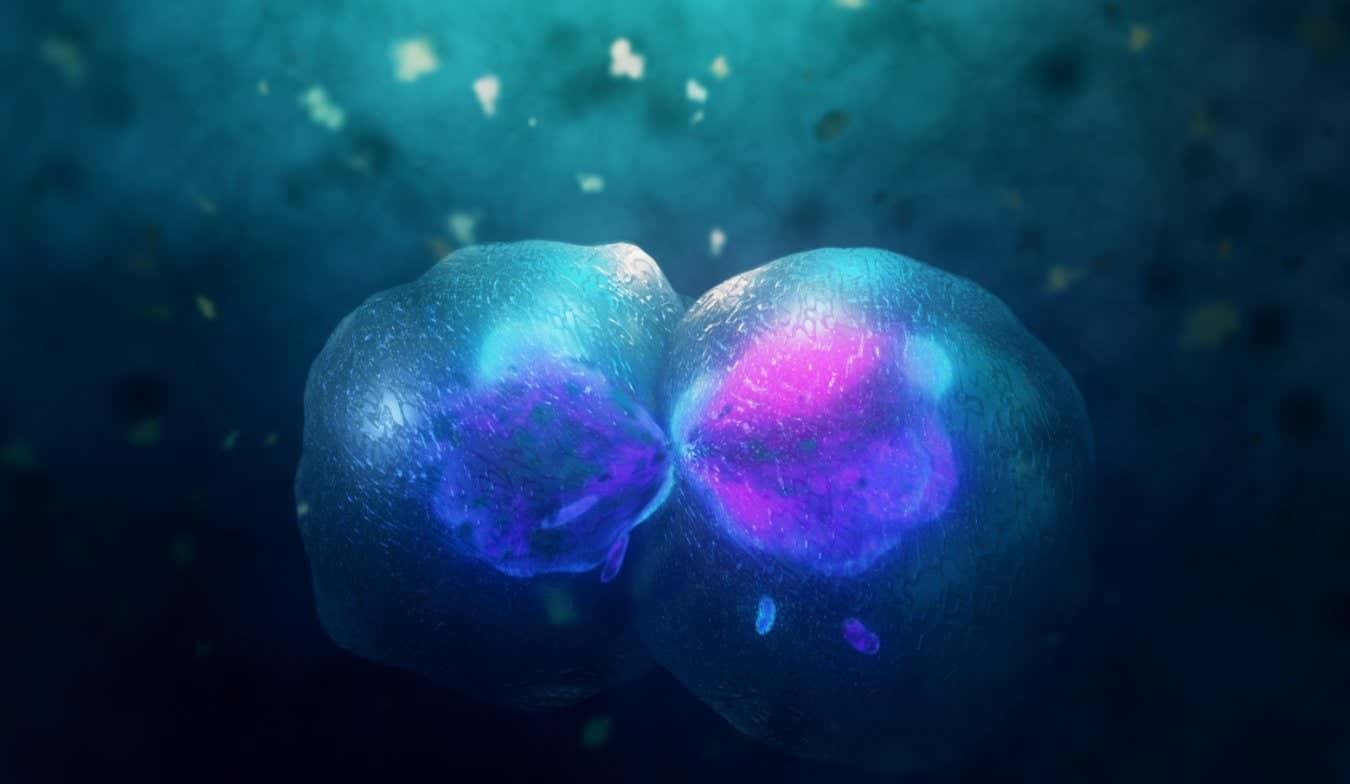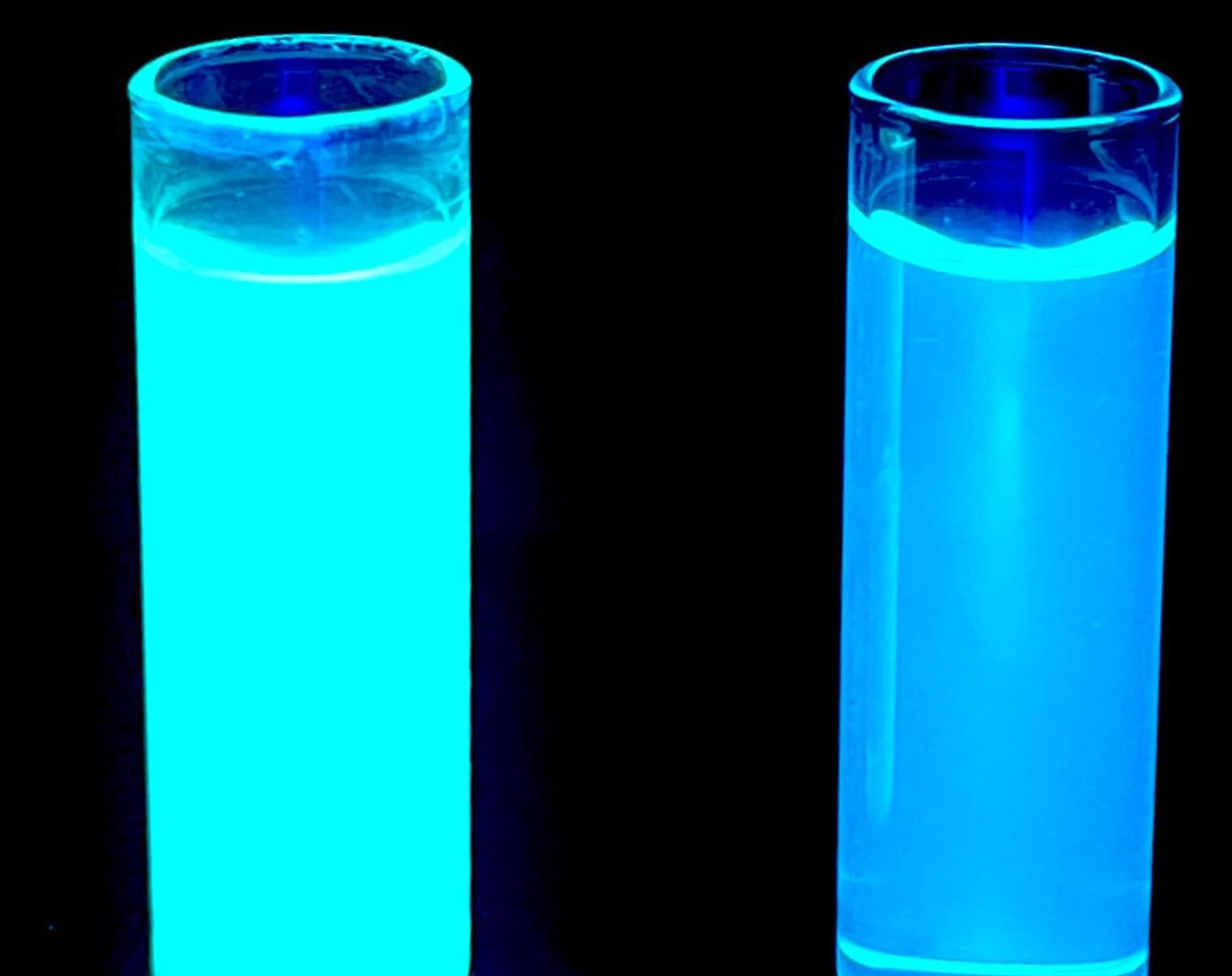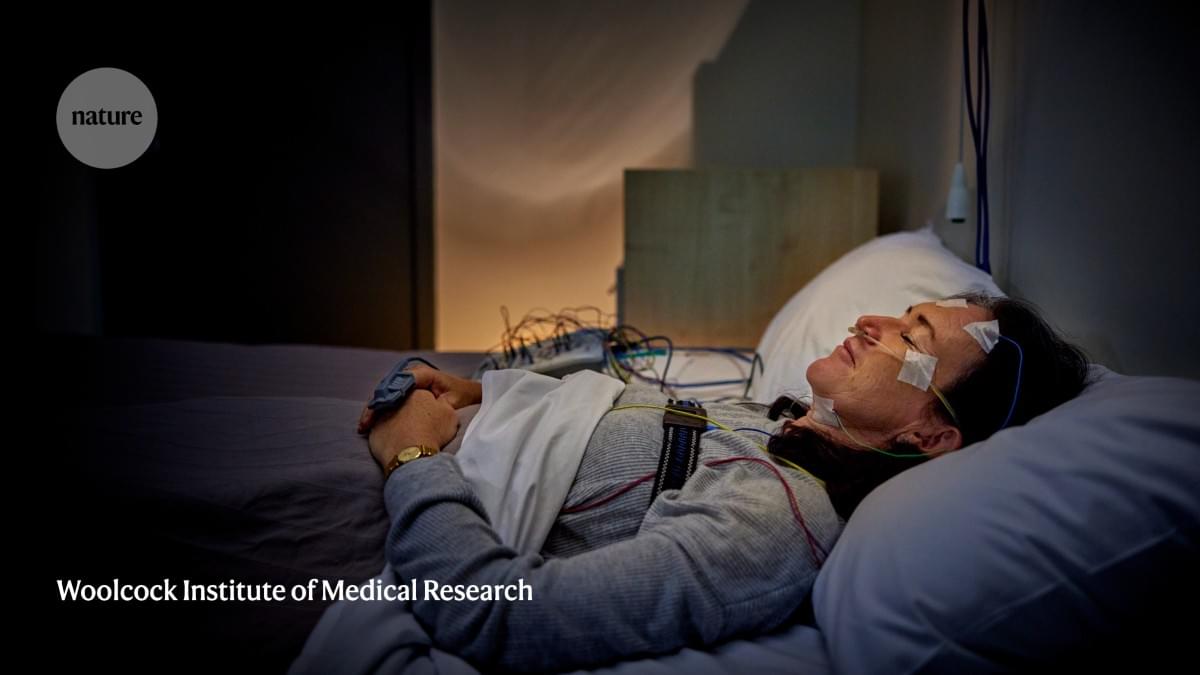Pulsatile tinnitus (PT) is a challenging diagnostic condition arising from various vascular, neoplastic, and systemic disorders. Non-invasive imaging is essential for identifying underlying causes while minimizing risks of invasive diagnostic angiography. Although no consensus exists on the primary imaging modality for PT and currently CT, ultrasound, and MRI are used in the diagnostic pathway, MRI is increasingly preferred as the first-line screening test for its diagnostic efficacy and safety. MRI protocols such as time-of-flight, magnetic resonance angiography, diffusion-weighted imaging, and arterial spin labeling can identify serious causes, including vascular shunting lesions, venous sinus stenosis, and tumors.
